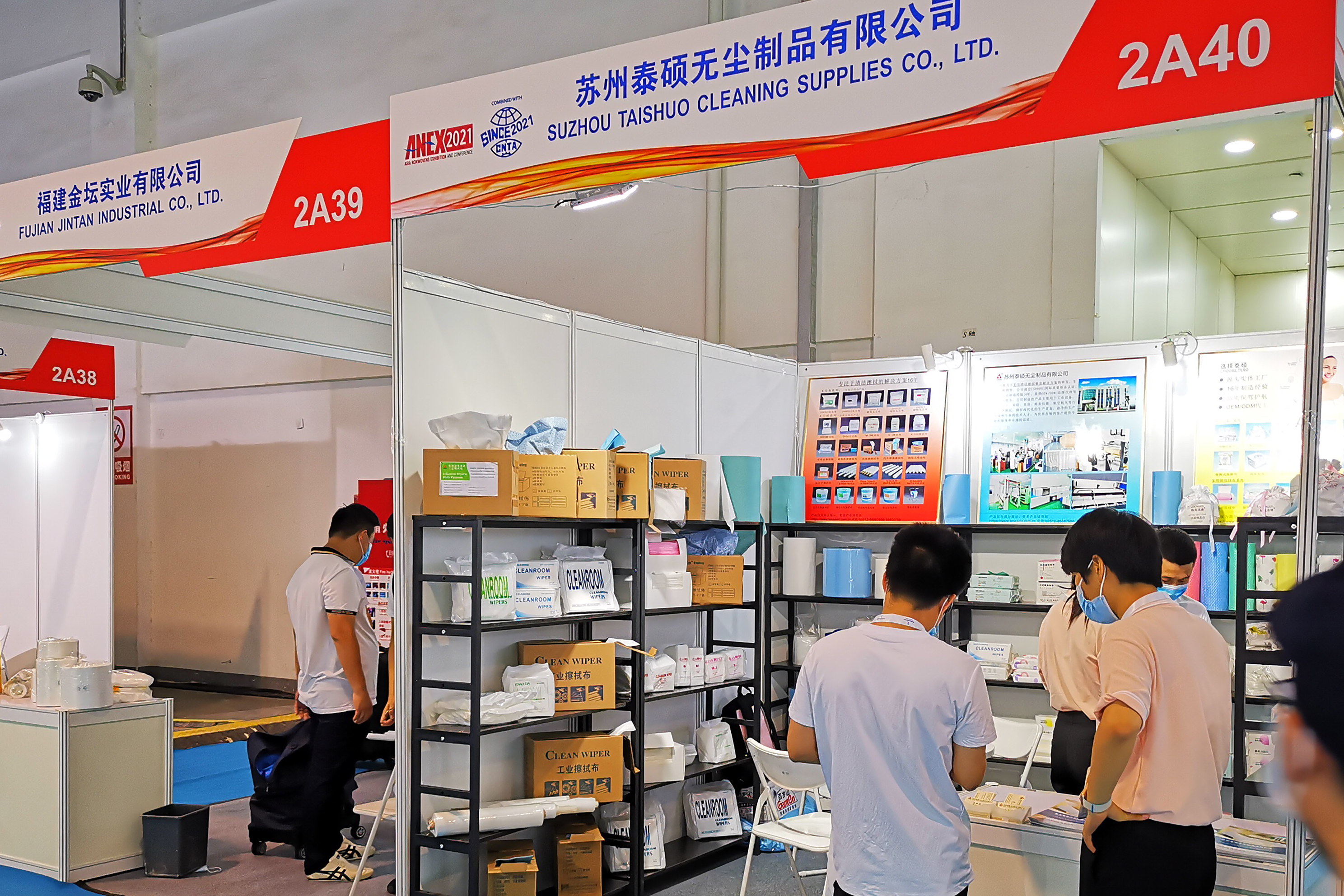First,The purification level of the dustless wipe cloth
Classified according to the purification level: 10 -level dust cloth, 100 -level dustless cloth, thousands of dustless cloth, 10,000 -level dustless cloth.Classified by fiber thickness: polycatis fiber dust -free cloth, ultra
-fine fiber dustless cloth, Asian super fine fiber dustless cloth, imitation super fine fiber dustless cloth, high density dust -free cloth.
The dust -free cloth refers to a clean cloth made of 100%polyester fiber double woven. The cleaning and packaging of its products are completed in ultra -net workshops. Therefore, it is called dust -free cloth.,
Flice does not take off fiber, with good water absorption and cleaning efficiency.
The use of dust -free cloth is widely used. It is mainly used for wiping of high -tech products such as LCD, SEM, PCB, digital camera lens, camera film, and discs. It can not produce dust particles. At the same
timeThe role is mainly used in the semiconductor production line chip and micro -point
Morover, semiconductor assembly production, disc drive, composite materials, LCD display products, line board production lines, precision instruments, optical products, PCB products, laboratories, medical
equipment, aviation industry and other dust -free workshops and production lines.
Second, the types and characteristics of the dustless wipe cloth
There are many types of dust -free wiping cloth, and different types of dust -free cloth have different functions and characteristics.The characteristics of dust -free cloth are mainly:
1. Polyester knitting wipe cloth
Features: wear resistance, strong pollution removal ability, and high cleanliness, but because it does not absorb water, the ability to remove sewage is weak, and hydrophilic agents are needed.
2. Polygium -brocade woven wipe cloth
Features: Remove the ability of residual gum dirt is strong, but the ability to remove granular dirt and dust is weak.
3. Polying knitting wipe cloth
Features: wear -resistant, suitable for pollutants such as oil removal, fingerprints, high cleaning efficiency and fast drying; the disadvantage is that the price is relatively high.
4, all wood pulp non -woven wiping cloth
Features: Organic solvents, strong decontamination capacity, but not high cleanliness, and most products are prone to dandruff, which is only suitable for use in the dustless room below 1,000.
5. Wood pulp/sticky and polyester compound non -woven wiping cloth
Features: non -woven structure, strong pollution ability, suitable for removing a large amount of pollutants. The disadvantage is that the cleanliness is not high, and it is easy to drop dandy.
6. Full polyester non -woven wipe cloth
Features: It is more durable than the non -woven wiping of polyester wipes of wood pulp, but because the hydrophilic ability of polyester is not strong, it is not suitable for removing water pollution.
7. Full PP non -woven wipe cloth
Features: Strong oil removal capacity, but not high cleanliness, poor water absorption.
8. Cotton -woven knitted wipe wiping cloth
Features: high temperature resistance, strong sewage removal ability, but very low cleanliness, not suitable for dustless rooms above 10,000 levels
9. PU sponge wipe cloth
Features: It has a large amount of pollution, but it is easy to damage and fall off the fiber, not durable, and is not suitable for solvents with strong solubility.
10. PVA sponge wipe cloth
Features: The absorption amount and the amount of dirt removal are large, and usually can only be used with water and cannot be wiped.
The above are ten common dustless wiping cloth. When choosing, choose the appropriate dustless cloth according to the objects of use, cleanliness requirements, solvents used, and other parameters used.
 20 years
Industry experience
20 years
Industry experience
 CN
CN  CN
CN
